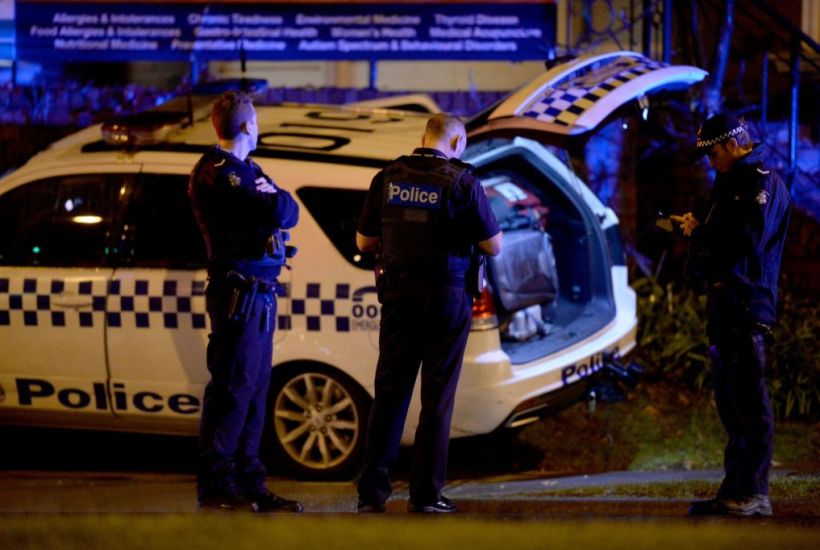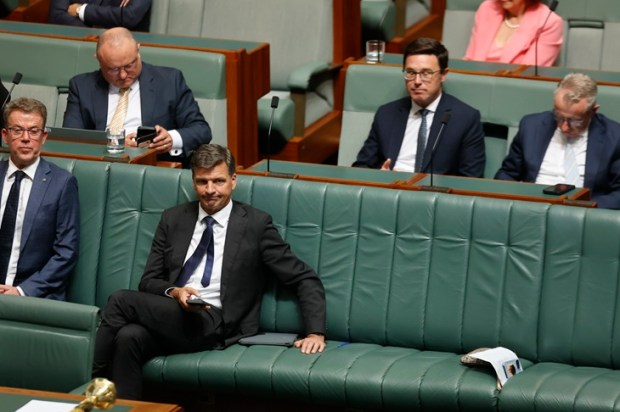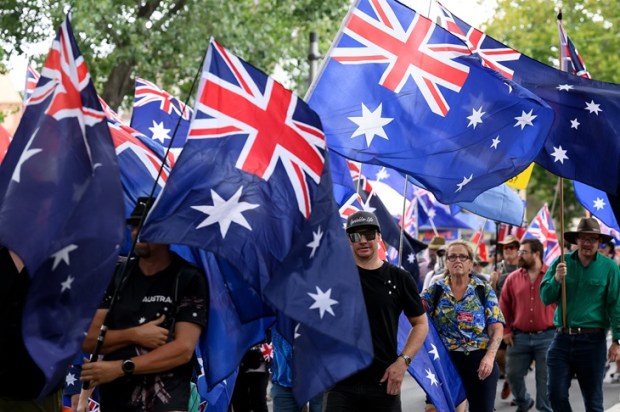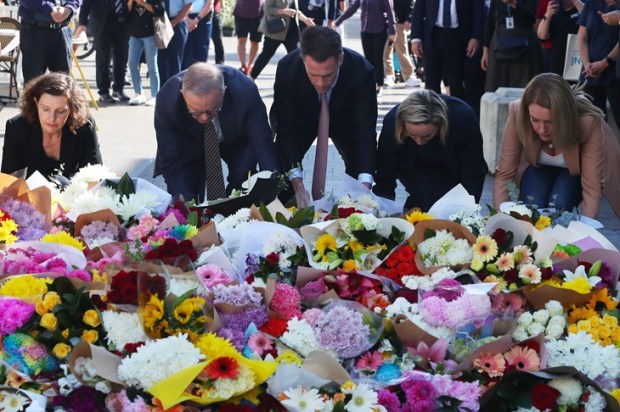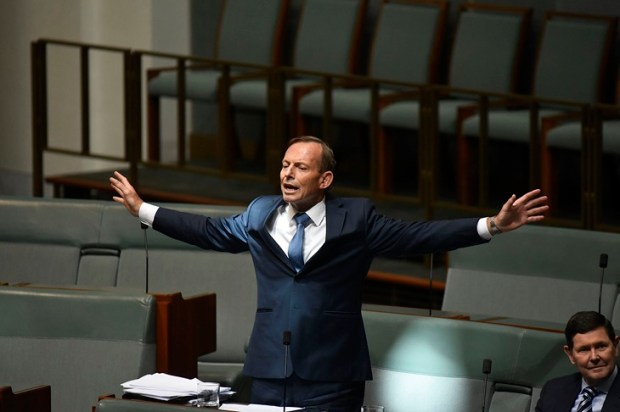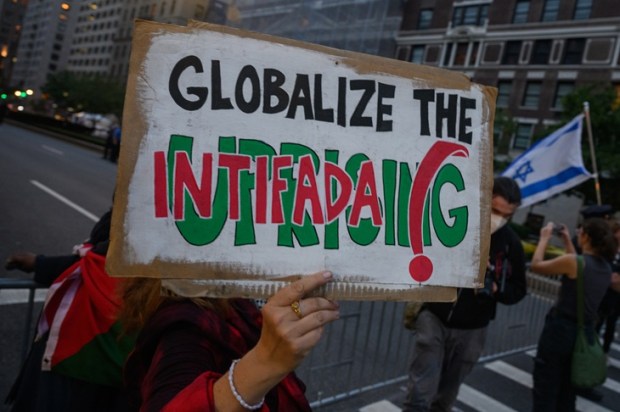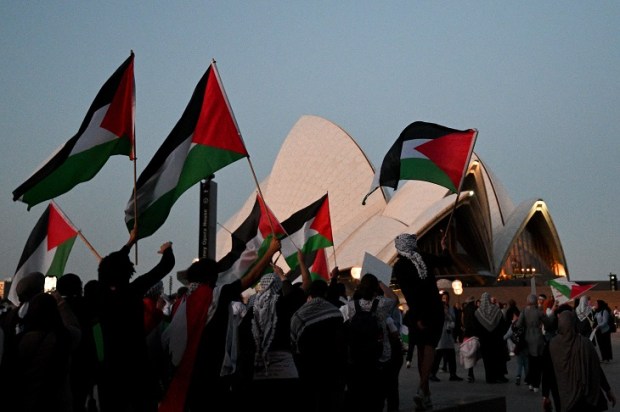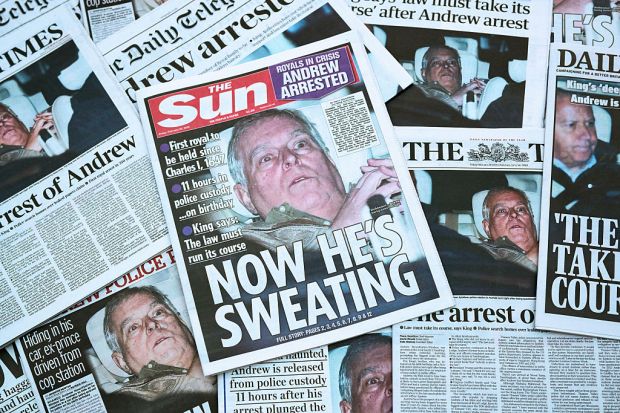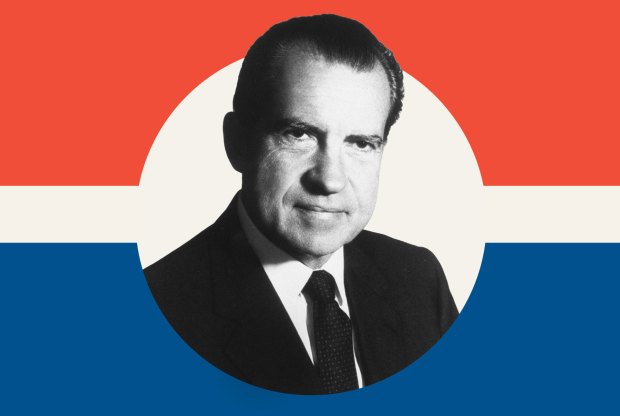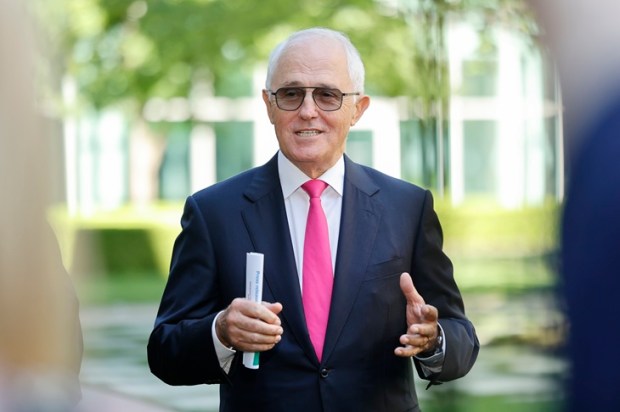When Swinburne University academic Dr Stephane Shepherd co-authored a paper with fellow Swinburne scholar Dr Benjamin Spivak on the high prevalence of Sudanese crime in Victoria, he was no doubt mindful of how the narrative might be used. On March 25, Shepherd released an article for the ABC in which he discussed the higher rates of imprisonment for African Australian youth, and a significantly higher rate of “crimes against the person” by South Sudanese-born youth. These crimes are more likely to receive custodial sentences, as they include serious offences like assault and robbery.
The article went on to explain that if racial profiling was as prevalent as activists would have us believe, then other subgroups of African Australians would also be over-represented – such as they are with South Sudanese youth. Shepherd spent most of the article discussing environmental risk factors of why this might be the case, as well as ways in which police can work with the community to help prevent these crimes. All in all, it was a very well researched and balanced article – what one would expect when written by an associate professor of forensic psychology at the Centre for Behavioural Science.
However, we all know that any mention of race is going to upset the woke crowd, especially when so many of them looked at the author’s name and assumed Dr Shepherd was a white woman.
ABC darling Osman Faruqi, now part of multi-millionaire property developer and Quarterly Essay/Monthly/Saturday Paper publisher Morry Schwartz’s stable, tweeted that “the Aus media is incapable of talking about race…how many editors in this country understand anything about this? How many are even black?”
Another ABC contributor, arts writer and curator Dr Lauren Carroll Harris clearly didn’t scroll to the bottom of the article to check on the author’s credentials, instead misgendered and assumed that it was all just a case of being “manipulated by cops as a result of taking all the police’s talking points as the basis of their reporting, which creates racist stories”.
One perhaps unstable woman who replied to Faruqi’s tweet suffered “VISCERAL REACTIONS” (commentors own caps lock, that’s how visceral the article apparently was), others were simply “f**king angry”.
Dr Amanda Porter, Senior Fellow of Indigenous Studies at Melbourne Law School called for talks on “academic integrity, rigour, and racism”, and demanded something be done about the “racist trollop” who dared to produce such an article. She was so angry about the article that a long Twitter thread disparaging the report author and the research itself ensued.
Even the criminology journal that published the report has had to defend the research, and the release of the report. The editorial board have faced demands to retract the publication or at least publish a rebuttal.
These attacks, along with subsequent media coverage including a piece by Andrew Bolt, caused serious distress to Shepherd as his reputation took a hit — a reputation that has seen him win countless awards, including a Victorian Multicultural Award for Excellence in Justice in 2020. He is a Fulbright scholar and was announced as an ABC Top 5 in their Media Residency Program. Dr Shepherd is also a member of the African Australian community himself, identifying as Creole, and born in Mauritius.
This little bit of information must have come as quite a shock to all the race-baiting twitter commentators, who obviously mistook the tattooed Mauritian’s name for a more basic white girl moniker.
This information seemed to change things quite a bit for Porter, who made a rather strange apology to Shepherd, with another attack on the Journal of Criminology for publishing the report, then asked for his help in penning an open letter to the editors. Presumably, she thought that was the end of it. Alas, the twitterverse is never so forgetful, and culture wars makes for noisy chatter, especially when accusations of racism are thrown in.
Now, it is curious to me how academic research and criminology data can be racist depending on what colour the author is, but Critical Race Theory (CRT) makes a victim of anyone non-white. Sharing the data – even from a balanced and compassionate viewpoint – is definitely racist if it appears to come from someone not of the same ethnicity as the subjects, according to that theory’s framework (well, let us be real, CRT espouses that absolutely everything a white person does/says/thinks is racist. It’s the new “original sin”).
Next step was another article, this time linking to Porter’s tweets, and a wrap up by Cory Bernardi on Sky. This brought with it a whole new level of outrage, as supporters of Porter took the whole mess as an attack on an indigenous woman. Another case of the bully skilfully switching to victim, and a reminder of why the term ‘gaslighting’ has become so prevalent lately. Delving back into the cesspit that is twitter I see that Porter deleted her twitter account for a while and #IStandWithAmandaPorter is trending amongst the race activists – with the attack now focused on Age journalist Karl Quinn, the whole field of criminology, and white people in general.
Associate Professor of Cultural and Societal Analysis at Western Sydney University, and the author of “Why Race Matters”, Dr Alana Lentin, has criticised the “wider agenda behind reporting on Amanda Porter’s critique” and explains that it is a clear decision to make Critical Race Theory a subject for public scrutiny. She went on to explain that the “playing off of an indigenous and a scholar of colour against each other by a white arbiter is no less than a colonialist move of classic divide and rule”. For someone who describes themselves as “an antiracist race critical scholar”, she seems to have missed the fact that there has already been much public scrutiny of CRT, and it seems to be a terrible way of dealing with any racism. It was always bound to happen that an incident of a woman bullying someone she initially thought was another woman, would be turned into a made-up story about a white man pitting two people of colour against each other.
While many academics and activists believe in CRT and therefore believe that racism is entrenched in every single aspect of life, they spend their time searching for it everywhere, and it can never be satisfied. Karl Quinn has published articles critical of the theory, and its aims to overthrow liberal society, which only adds fuel to the ‘antiracist’ protagonist’s Twitter fires.
With all the hot air around who is the most racist, we must get back to the core of the original research – that young South Sudanese people are disproportionately falling into crime, and that work like this may help various agencies and community groups in supporting them and their families. Young South Sudanese community leader John Kuot said that “critics who had warned the research would be taken out of context and used to stoke racist sentiment had themselves taken it out of context.”
Indeed.

